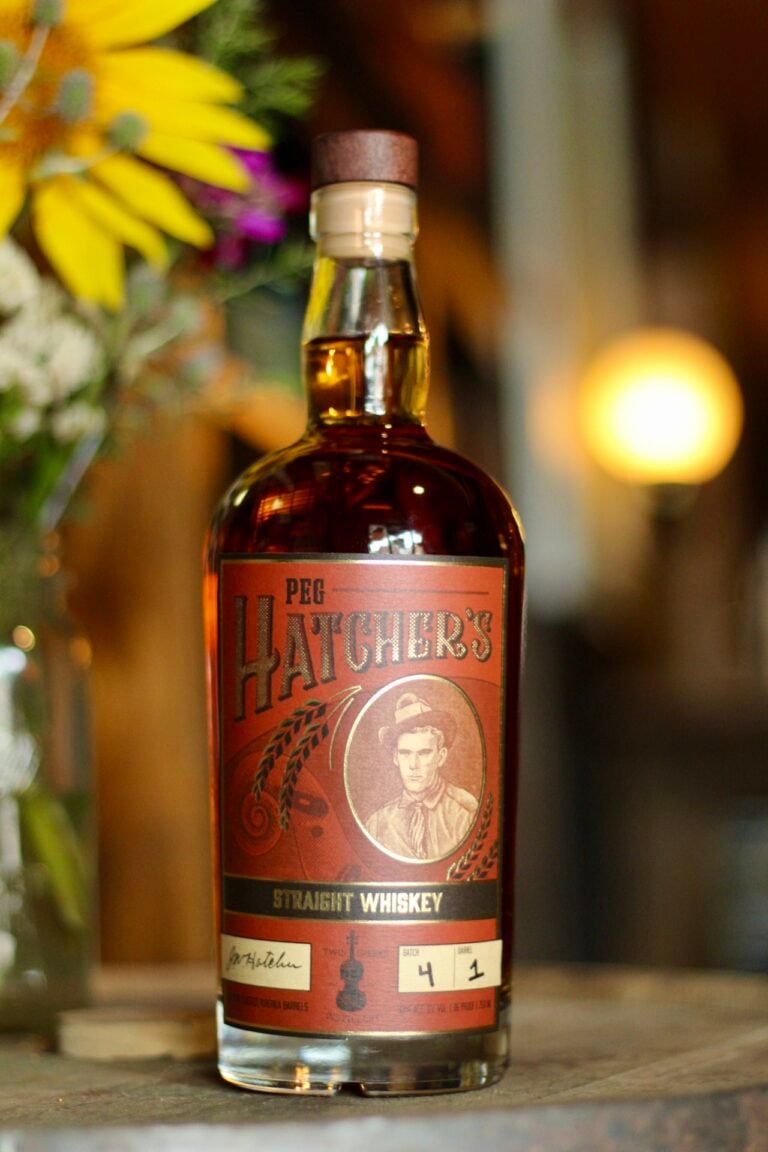Barry Poss was well on his way to life in academia. A James B. Duke Fellow in sociology at Duke University, Poss was within one chapter of finishing his dissertation when he left his studies in 1975 and took a job with County Records in Virginia. In 1978, Poss founded Sugar Hill Records, the venerable independent label that has become synonymous with the best in American roots music. Thirty years later, the Sugar Hill catalog contains some of the finest bluegrass, folk, mountain blues, and country recordings ever produced. The collective look at the label’s offerings are featured on Retrospective, which has tracks by Americana legends Ricky Skaggs, Doc Watson, Dolly Parton, Robert Earl Keen, Chris Thile, Guy Clark, Tim O’Brien, Peter Rowan, Townes van Zandt, Old and in the Way, James McMurtry, and many others.
———-
BRO: When you started Sugar Hill, did you see it lasting 30 years?
BP: No, my timeframe was quite a bit shorter than that. When you’re young, brash, and a little stupid, you don’t think about career prospects that far down the road. I just thought I could do it. I had a passion for the music. I certainly wasn’t an entrepreneur; I think I was a wayward academic who found himself in an entrepreneurial role and figured it out along the way. There was no five-year plan, but there was a clear vision of what I wanted the label to be about.
BRO: Being a smaller label in an age of major label domination of the music business, how do you explain the success of Sugar Hill?
BP: There were two guiding principles for me when I started, and they haven’t changed since day one. First, I never intended Sugar Hill to be all things to all people. I wanted to make a statement, to stand for something. And, secondly, I wanted to have a select roster of prestige artists. At the beginning, I never thought that would carry the label through for 30 years, but it has. We were clearly a niche market, but that niche has gotten stronger. And as we grew more successful, we didn’t do it by moving towards the mainstream or the major labels. They moved towards us.
BRO: What was it about Boone Creek that said to you, “They will be our first release?”
BP: The identity that I wanted the label to have was contemporary music rooted in tradition. When I heard Boone Creek, their music captured for me what I was trying to accomplish. Here was a group of musicians firmly rooted in tradition, but their music was decidedly contemporary. That tension between the old and the new made for some exciting music, and Boone Creek laid it out for me.
BRO: In your mind, what defines a Sugar Hill artist?
BP: The identity peg for Sugar Hill is having that traditional connection to contemporary music. Some have taken to describing a “Sugar Hill Sound,” but I am not going to try to define that. To me, it’s what connects Doc Watson to Chris Thile, Ricky Skaggs to Guy Clark, Townes van Zandt to Dolly Parton. They all exhibit a rootedness in their contemporary expression of music. I like it because the music comes from a place. It’s not prefabricated or manufactured.
BRO: What’s in store for Sugar Hill’s next 30?
BP: The exciting thing is how quickly the musical world changes. I don’t know how the music will get delivered. I don’t know how it will be produced. But I count on each generation producing some great musicians that will pique your interest and make you want to listen all over again. And hopefully Sugar Hill will be a part of that.







